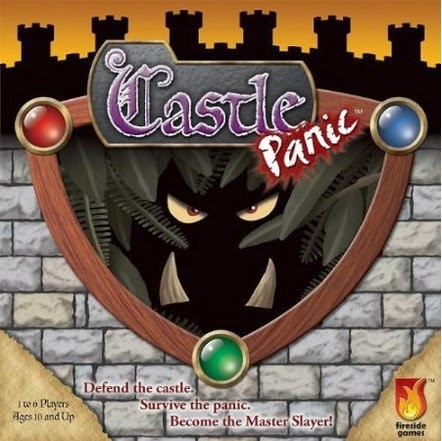 Have you ever had someone come up to you in public and warn you to enjoy your kids when they're young, because when they're teenagers they're going to be terrible? I've had it happen to me a few times, and I really don't like it.
Have you ever had someone come up to you in public and warn you to enjoy your kids when they're young, because when they're teenagers they're going to be terrible? I've had it happen to me a few times, and I really don't like it.I don't like it is because my children are hearing another adult say that they're going to behave badly. And do you know what happens when you tell children they're going to behave badly? Of course! They'll behave badly.
Our children are going to live up to the expectations we have for them, be they good or bad. When they hear us or other adults say that we expect poor behavior from them, they are going to comply with that expectation. The opposite is also true. When we express our expectations for positive behavior, they will be more likely to comply with that also.
Don't worry; I'm not delusional. I know that the teenage years can be rough. I know that most parents, even those with children who don't purposely misbehave and rebel, go through some tough patches as their children become more independent. But to expect rebellious behavior is going to bring about self-fulfilling prophesy.
So I have something to say to the well-meaning but thoughtless people in the aisles of the grocery stores. "Thank you for your thoughts, but instead of telling my children that they are going to misbehave, I choose to tell them how much I look forward to our relationships growing as they get older, and how it's so exciting to watch them grow into responsible children and young adults." And who wouldn't want THAT self-fulfilling prophesy to come true!?











